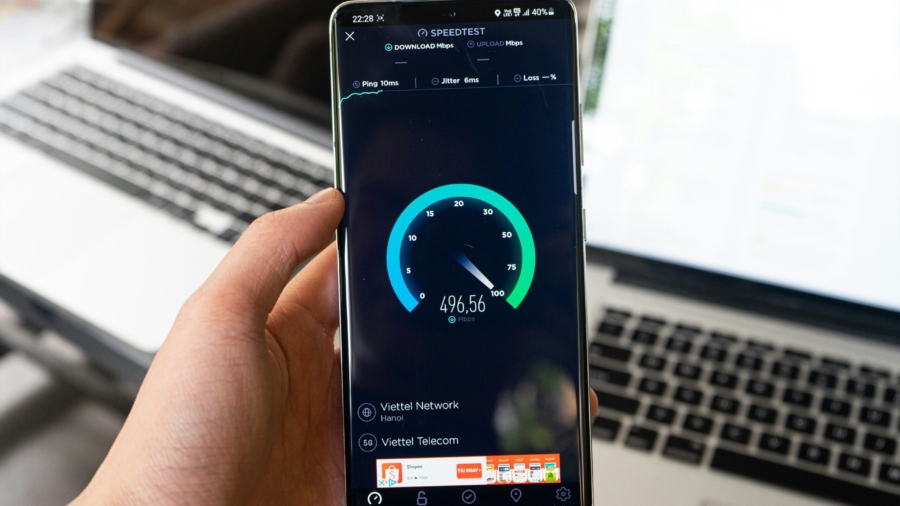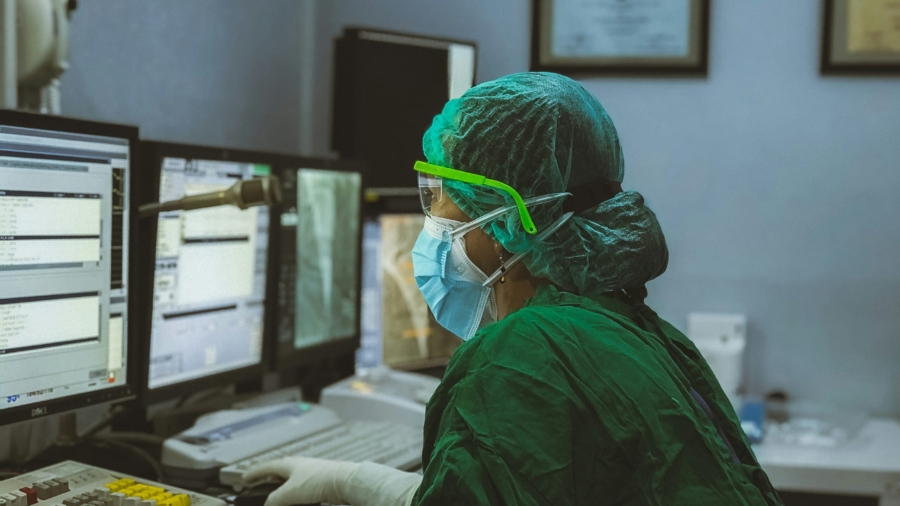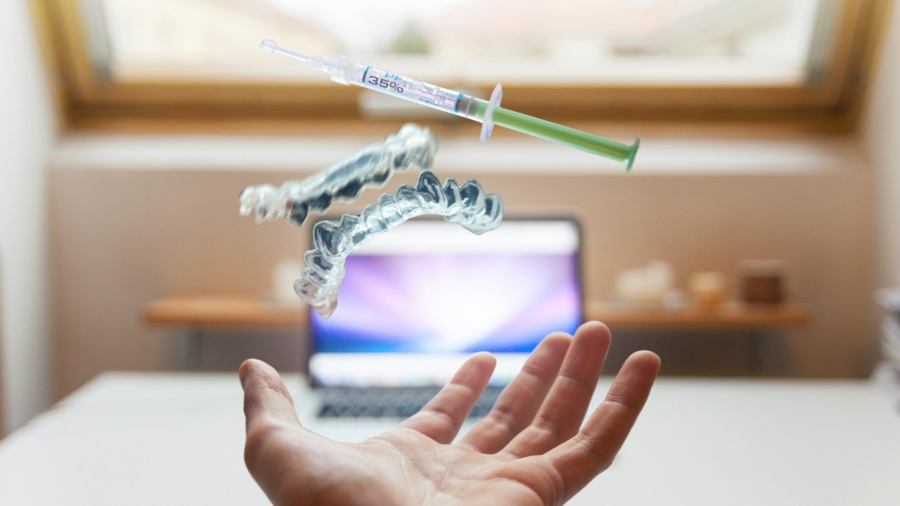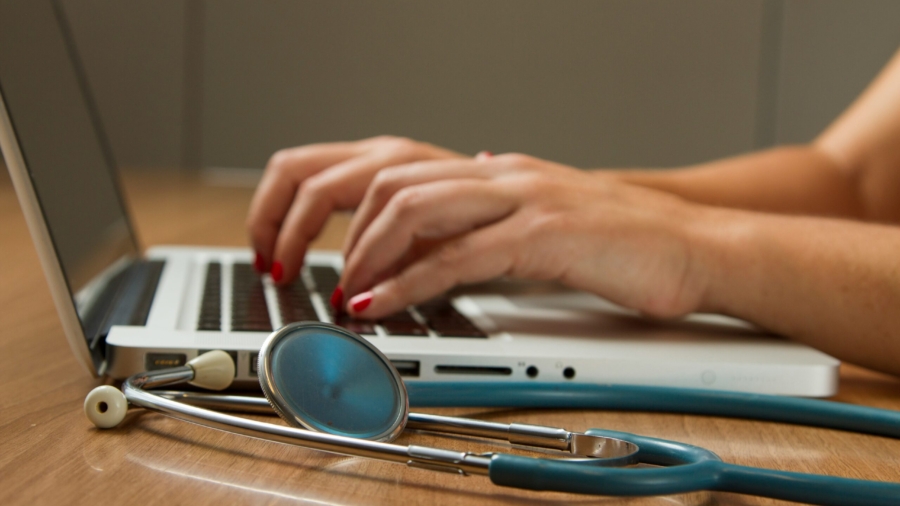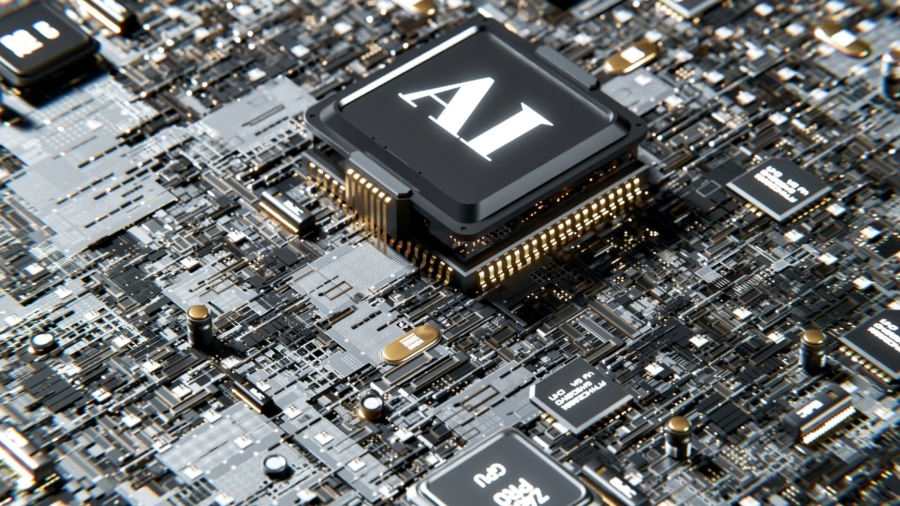How crucial is the 5G Internet for the Health Sector?
The arrival of 5G is another milestone achieved through technology. It’s not just fast internet with near-zero latency, but it can also connect to hundreds of devices at once. 5G is transforming healthcare by providing new experiences like ultra-connectivity, fast tracking, remote accessibility etc.
5G a Game-Changer in the Health Sector
1- Ultra-Fast
5G is 100times faster than 4G, making it more useful for high-definition medical imagery and real-time video consultations.
2- Ultra-Low-Latency
With delays of approximately milliseconds, 5G is fastest for remote surgeries and conferences.
3- Ultra-Connectivity
With massive speed in GBs, its connectivity with other devices also increases with more reliability. A hospital where devices are connected and monitored, the response time is incredibly fast.
Innovations Possible through 5G in Healthcare
1- Remote Patient Monitoring
The wearable devices consistently monitor patients’ data and send it to other connected devices like servers. The doctors monitor it and can intervene for personalized care.
2- Telemedicine
With 5G, ultra-high-resolution telemedicine paved the way for patients with fewer payments, fast checkups and no traveling. The doctor does not need to visit patients in remote areas, traveling miles in person. They do not have to do that anymore.
3- Remote Surgery and Collaboration
By 2025, 753000 surgeries will be performed by robots and 400 surgeries by surgeons till now. This was only made possible through fast 5G. Another benefit is that medical students can watch live surgeries and gain surgical knowledge to implement them in the future.
4- Augmented Reality and Virtual Reality
AR and VR made medical training fast, like pain management, patient rehabilitation etc. Now medical students can watch trainings and patients can recover faster by innovative new AR and VR therapies.
“The network of the future is already being built as we speak. 5G is an important part of that. “The speed of technological developments that bring about countless new, smart opportunities to enrich our lives is unprecedented,” said Dr. Khalid Shafi, Healthcare Professional
5G is implemented in many hospitals, providing ultra-fast healthcare facilities. There is also hope for the arrival of 6G. Some countries like Japan, China and America are testing it, and it’s in its final stages. This will be a huge boost for every field. The future of medical science is written in real-time now.

